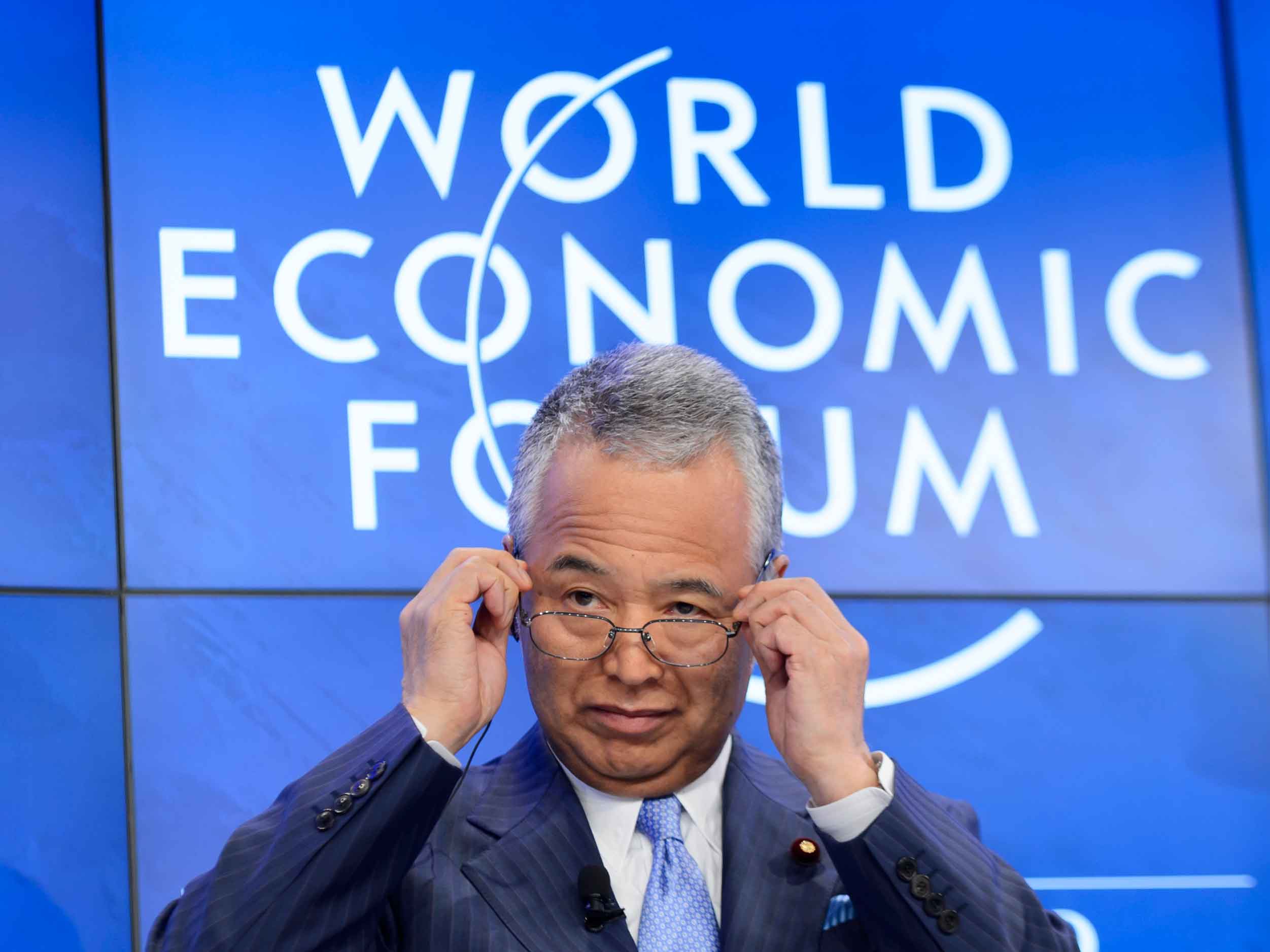Senior lawmakers urge Japanese Government to look into creating digital currency
Following China’s recent announcement that it plans to issue its own digital currency, officials in Japan have called on their government to do the same

Former economy minister Akira Amari was one of two senior lawmakers to argue in favour of the Japanese Government issuing a digital currency within the next two to three years
On February 10, senior lawmakers in Japan proposed that the government should create its own digital currency within the next two to three years. With nation states’ monopoly on issuing currency coming under threat, the Liberal Democratic Party’s Kozo Yamamoto, head of the research commission on finance and banking systems, and Akira Amari, the former economy minister, have argued in favour of issuing a digital yen.
Yamamoto’s remarks came in response to Facebook’s plan to develop a global financial footprint with the launch of its own cryptocurrency, Libra. Although the coin has faced a great deal of criticism, it nonetheless poses a threat to national governments and the control they have regarding the issuance of currency. For Amari, meanwhile, the notion of Japan creating a digital coin has greater geopolitical implications, providing a way to counter China’s own moves within this field.
Internationally, banks have been intensifying research into central bank digital currencies, but the People’s Bank of China has emerged as the frontrunner
Internationally, banks have been intensifying research into central bank digital currencies, but the People’s Bank of China has emerged as the frontrunner in this particular race. China’s digital currency could help the country advance its digital hegemony, as well as aid the progress of its Belt and Road Initiative.
In the future, the spread of digital currencies also has the potential to undermine the supremacy of the US dollar, with national digital currencies allowing for faster and cheaper money transfers across borders. Digital currencies could also help stabilise emerging markets that rely heavily on the dollar, such as Cambodia.
While the adoption of a digital currency will take time and a great deal of regulatory wrangling, Yamamoto plans to work closely with Amari to see that the Japanese Government adopts their new proposals and includes them in its mid-year policy guidelines.













